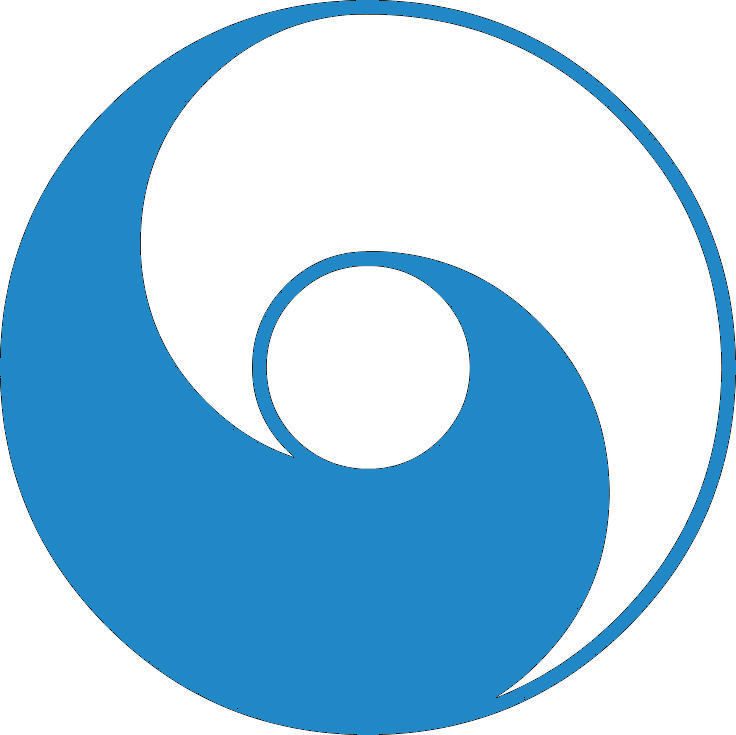For more insights and resources like this, please subscribe to the free Liberated Practitioner newsletter.
“Burnout is what happens when you try to avoid being human for too long.”
– Michael Gunger
Hello friends,
I have that helper syndrome. If you’ve dedicated your career to supporting others, there is a good chance you have helper syndrome too.
For example, my core wound leads me to believe that I’m damaged, and therefor am not acceptable. I have a fundamental need is to be seen, but I am afraid that being seen will lead to rejection. However, if I am able to help someone heal, then I believe they’ll be obligated to accept me. Not only is this unstated ask of our clients inappropriate, but a hungry ghost is never satisfied.
Your story may be different from the above, but the result may be very similar. When we look to our clients to fulfill our fundamental needs (such as love, belonging, significance, etc.), then you can see why it would be difficult to set boundaries or curb workaholism. What would it say about you if you were unable to help someone?
Helping others is a beautiful calling. But the shadow side of helper syndrome leads to unhealthy patterns like taking on too much, the inability to leave work at work, taking responsibility for our clients’ work, or caring for others more than ourselves. Over-giving this way leads to burnt-out practitioners and overly dependent patients.
When we learn more functional ways to meet our needs, we are able to show up at our best and encourage our clients’ self-efficacy. That starts with awareness of our own wounds and patterns, which is our work to do.
Progress Your Practice
Enjoy curated tools I use for my own healing and with clients from trusted experts.
- Helper Syndrome (15-min read) In this article, Dr. Gabor Mate expands on helper syndrome, including stories from his own experience and why it’s important to clear trauma so we can show up with more compassion.
- The Powerful Practice of STOP (5-min read) It took me a long time to get comfortable literally pausing in the middle of a client session. But I know that I cannot offer my best for my clients if I am not present and grounded. So I use the practice described here very regularly, especially in difficult sessions.
- Heart-Opening and Centring Qigong (6-min follow-along) Try this easy qigong flow series next time you’re feeling drained, activated or burnt-out to cultivate calm energy and openness.
If you have feedback or resources to share, please reply to let me know. Thanks for being here.
Gabriel
The Liberated Practitioner newsletter aims to support heart-centred health practitioners in doing their work by providing free, expertly-curated tools and insights, giving you more space to help your clients. To receive more helpful articles and resources, please subscribe here.
